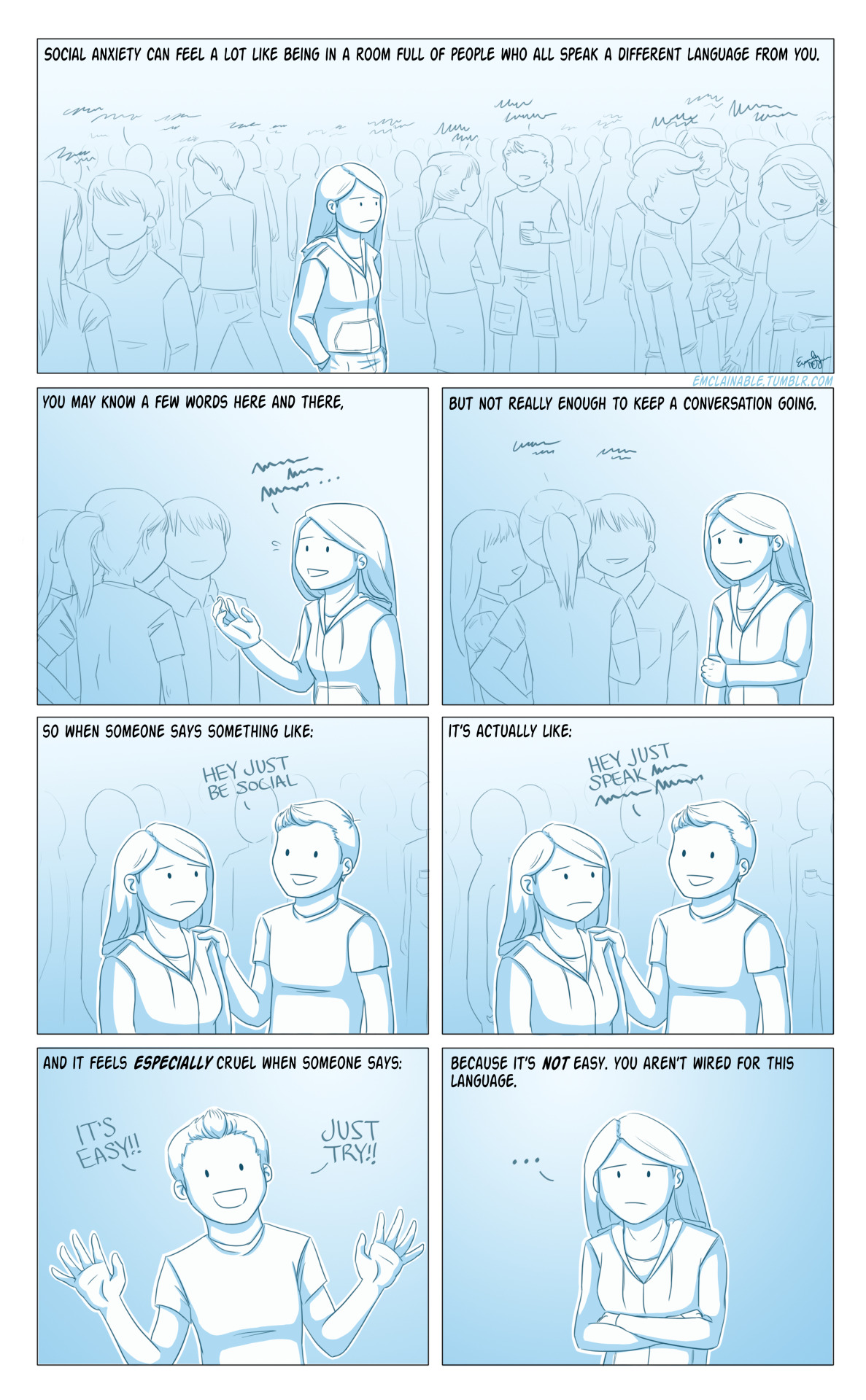We are very excited to have arrived in Lima, Peru for the conference. The scientific program is extremely rich, so my biggest problem is selecting which talks to attend. For every hour, there seems to be about 3 interesting talk to select from!
Here we are, the co-founders of AI-Therapy, Overcome social anxiety Dr Fjola Helgadottir and A./Prof Ross Menzies:

I have two talks coming up. For anyone who happens to be here, please come along and say hi. Here are the details:
- Thursday 25th of July at 9-10:20. We will speak about the latest developments in AI-Therapy, in the symposium “Latest developments in online treatments”. There will be some of the world’s leading experts on Internet treatments of evidence based treatments on the panel. Venue: Maria Angola, Room: Las Campanas
- Tuesday 23rd of July at 3:30-4:50. We will speak about how the Icelandic financial crisis simulated the origin of Obsessive Compulsive Problems. The discussion will be about general belief in magical thinking, such as the paranormal, horoscopes etc, and how these thinking patterns may influence people’s coping strategies. Venue: Estelar, Room: Arequipa
The next World Congress of CBT will be Melbourne, Australia in 2016, and Ross is a convenor. It is amazing how much work goes into planning these conferences. Even though it is still 3 years away, Ross has been busy planning the 2016 conference for a while now.
First up is the opening ceremony with Aaron Beck, the father of CBT!

Fjola Helgadottir, PhD, MClinPsych, is a clinical psychologist, a senior research clinician at the University of Oxford, and is a co-creator of AI-Therapy.com, an online CBT treatment program for overcoming social anxiety
